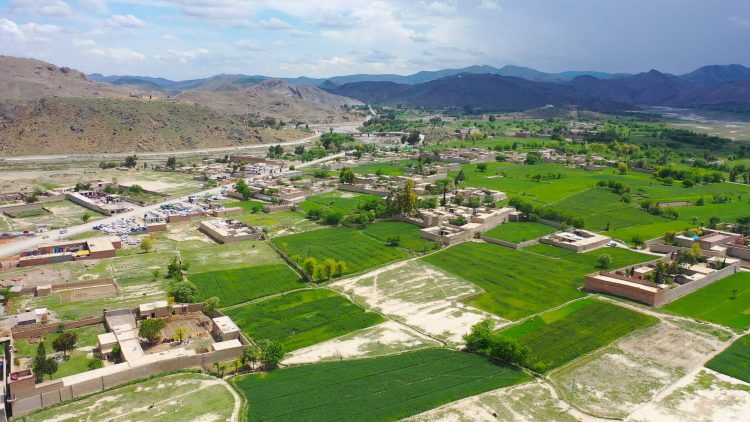In view of the ascending complexity in post-conflict literature and practices, the issues specifically pertaining to post-conflict security reconstruction, development, and political economy become highly complicated. With regards, a research project was carried out (during 2019-2021) by the Centre for International Peace and Stability (CIPS) with the collaboration of Hanns Seidel Foundation (HSF) Islamabad. The multi-thematic interdisciplinary research was conducted in one of the former tribal agency of North Waziristan (Newly Merged District after KP-FATA amalgamation). The project was led by Dr. Muhammad Makki, Professor Tughral Yamin, and Dr Bakare Najimdeen.
While keeping the mentioned themes in mind (in the post-conflict scenario), the study was based on the perspectives which were ‘local’ in nature; with their contextual sensitivities emanating from the case of North Waziristan, thus adding nuanced contours to the post-conflict scholarship. More so, the case of North Waziristan was individuated based on the peculiarities of the post-conflict developmental measures and processes implemented. The systematic analysis (empirically-driven) enabled the research team to demonstrate the issue of post-conflict ‘normalcy’, ‘political economy’, and ‘security reconstruction’ — as increasingly important themes that represent unique challenges to any post-conflict societies. The research findings have been published and/or submitted to reputable international journals including Journal of Asian and African Studies and Asia Security.
The main themes of the research project are as follows:
1. Transformation in the political economy of post-conflict North Waziristan
This theme recognized that the post-conflict North Waziristan is experiencing a fundamental shift in the political and economic environment at a swift pace. In view, it examined the complex political economy of post-conflict North Waziristan to assess factors promoting sustainable peace in the region. It further identified the multi-pronged ‘official’ (i.e., state-led) strategy that significantly contributes to the transformation of the political and economic environment in the post-conflict setting. These steps include inter alia effective border management to counter illicit trafficking and cross-border terrorism, security sector reforms, improving the mechanism of governance, and diversifying ‘formal’ economic opportunities. The analysis suggested that post-conflict North Waziristan exhibits considerable improvements towards establishing and promoting conditions that are pivotal for sustainable peace. Moreover, the structural reforms (related to governance, border regulation, and security reconstruction) are expected to supplement the sustainable peace process. Highlighting some of the critical political and economic factors, which contributed to the manifestation of violent conflict in North Waziristan, the data suggested that the distinct social and geographic character of North Waziristan largely remains untapped; meriting further scholarly attention. Therefore, there is a greater need to enhance our understanding of the nuanced contextual realities that signify the tribal region of Pakistan in general and North Waziristan in particular.
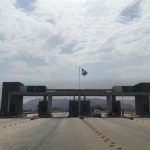
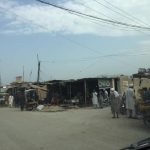
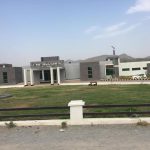
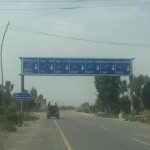
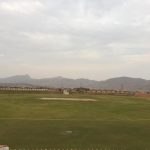
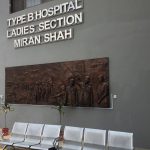
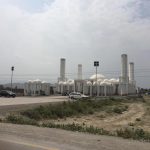
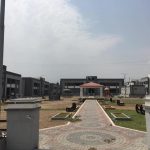
2. Mapping normalcy through vernacular security-development in post-conflict North Waziristan
This theme focused on how after curtailing terrorism through military operations, the focus shifted to bringing ‘normalcy’ to North Waziristan. While situating normalcy as a manifest function of security and development, this study delved into contextualizing the dynamism of the ‘security-development’ nexus. The study paid attention to the data that informed about the response of the development organizations towards the conflict-induced emergency situation as well as the securitisation of development in the region. The potential pitfalls of the nexus that can subsequently undermine normalcy were also highlighted. The study further argued that an anthropologically sensitive approach is important to avoid impasse in security-development and impart sustainability to the (new) normal being strived for the region. Based on a localised understanding, the data suggested a more integrated approach towards normalcy – rooted in vernacular security-development that is adequately adapted to this context. Therefore, cultural compatibility is crucial for the sustainability of normalcy – and by extension, peace – in the region.
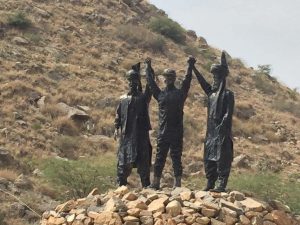
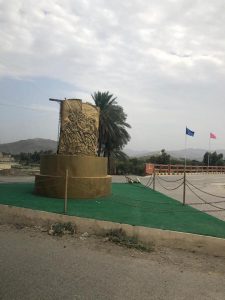
3. Contested peace: Duality of security in post-conflict North Waziristan
This thematic focus attempted to disentangle the concept of security by exploring the duality between state security and societal security in post-conflict North Waziristan. The conceptual explications were centered on the interrelation between ‘state security’ and ‘societal security’ to assess the ‘securitizing potentials’ of state and society, which impacts the durability of post-conflict peace. The re-conceptualization is steered through an empirical emphasis on the state-led security practices for reconstructing post-conflict security in North Waziristan and the consequent provincial merger (i.e., FATA-KP merger). In other words, the research intertwined conceptual analysis with empirical observations on post-conflict ‘state security’ and ‘societal security’ in North Waziristan to illuminate the underlying causes of the ‘contested’ peace in the former tribal agency. Although the generated discussion is context-driven, the analysis applies mutatis mutandis to analyze state security and societal security in post-conflict settings.
4. ‘(Re)Ordering’ North Waziristan: Post-conflict Transition, Borderland Dynamics, and Spatial Identities
The above theme adopted a spatially sensitive lens to understand how the post-conflict transition in North Waziristan ’borderland’ appears distinct when examining through a borderland lens (conceptually). It argued that the fundamental limitation of the centre-driven post-conflict agenda in North Waziristan considers the ‘state’ as its dominant frame of reference; hence, underplaying several local dimensions. These steps include, inter alia effective border management to counter illicit trafficking, cross-border terrorism, security sector reforms, improving governance mechanism, and diversifying ‘formal’ economic opportunities. Further, the exploration conceived the borderland as a transitional phenomenon that necessarily hosts trans-border socio-economic networks and multifocality. It postulated that the borderland lens is crucial to understanding the effect of the post-conflict transition in North Waziristan. Nevertheless; the discussed changing dynamics in the post-conflict setting indicated that the borderland identities are not static in nature. The post-conflict border management-related measures seem to ratify that the spatial identities are continuously renegotiated and reconstructed with changing ‘conditions’ and ‘disfigurement’ or systematic geographical alteration. Underlying is the representation of space resulting from the expansion of the formal economy and formal governance to bridge periphery-center — as multifocality does not provide border as ‘symbolic markers of identity. It also reflects that during the ongoing transition, the local respondents’ understandings are in a continuous state of flux, leading to the emergence of various competing narratives regarding both security and development. Hence, the research argued that any policy must be incorporating the vernacular of local dynamics.
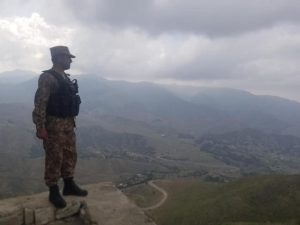
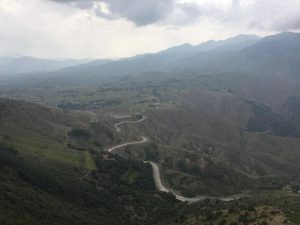
Details about the author and the project
The project was carried out at CIPS with the collaboration of HSF. Dr. Muhammad Makki (the project lead) was accompanied by the Associate Dean and co-Principal Investigator, Professor Dr. Tughral Yamin, alongside other researchers from CIPS to NW.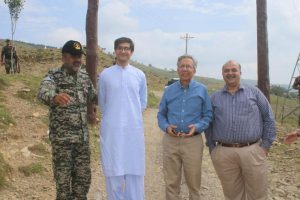
The research team was facilitated around NW in MirAli, Boya, Razmak, DossAli, MiranShah and Ghulam Khan by the Pakistan Army and received immense exposure to the changing post-conflict dynamics in the region.
The primary objective of the scoping study was to comprehend the exceptional role of Pakistan Army in implementing developmental initiatives of socio-economic uplift in the region coupled with the perceptions of the locals towards these broader stabilization measures which greatly emphasize on community engagement strategies.
References
-
Makki, M., & Iftikhar, W. (2021). Transformation in Political Economy of Post-conflict North Waziristan, Pakistan. Journal of Asian and African Studies. DOI: https://doi.org/10.1177/00219096211021866
-
Makki, M., Khan, F., & Akash, S. A. (2021). Contested peace: duality of security in post-conflict North Waziristan. Asian Security, 1-17. DOI: https://doi.org/10.1080/14799855.2021.1953991
The author is an Assistant Professor at Department of Peace & Conflict Studies, Centre for International Peace and Stability (CIPS), National University of Sciences & Technology (NUST). He can be reached at mmakki.pcs@cips.nust.edu.pk.

